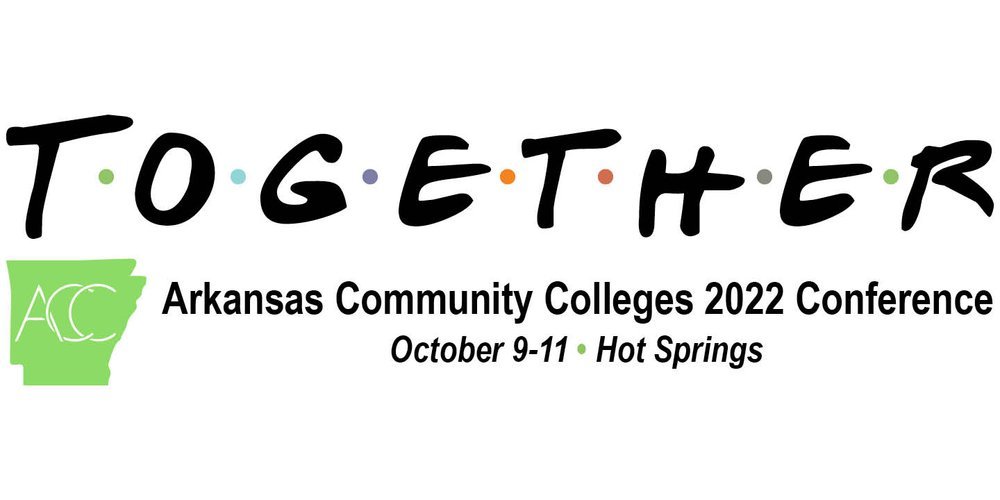By Mary Hightower
U of Arkansas System Division of Agriculture
LITTLE ROCK — The work of Arkansas Discovery Farms, the program that conducts agriculture research under real-world conditions on working farms, will be showcased during its Climate Smart Agriculture Conference on Feb. 13-14.
The conference will be held at the Don Tyson Center for Agricultural Sciences in Fayetteville.
Registration is available online and registering by Feb. 10 is appreciated for a meal headcount.
Lunch will be provided both days. There is no cost to register.
Arkansas Extension Irrigation Educator Mike Hamilton speaking at a joint NRCS/Cooperative Extension Service training conducted at Robby Bevis farm in Lonoke County, Arkansas. Conservation efforts are a key part of the Discovery Farms program. Taken Aug. 2018. (U of A System Division of Agriculture photo)
“If you have an interest in farming, agriculture, conservation, environmental research, carbon research, climate smart research, you should be there,” said Lee Riley, extension program associate for the University of Arkansas System Division of Agriculture. “If you love sustainable agriculture, what could be better than spending Valentine’s Day learning about Arkansas Discovery Farms' research projects?”
Arkansas Extension Irrigation Educator Mike Hamilton speaking at a joint NRCS/Cooperative Extension Service training conducted at Robby Bevis farm in Lonoke County, Arkansas. Taken Aug. 2018. (U of A System Division of Agriculture photo)
This year’s conference features two keynoters, John Anderson, director of the Cooperative Extension Service, on Feb. 13, and Amanda Mathis, the Arkansas conservationist for the Natural Resources Conservation Service.
Riley said that the first day “is farmer and industry partner focused, highlighting some of our farmers' experience from the research we're conducting with them and audience participation discussion panels — including question and answer sessions — from our Discovery Farmers and industry partners.
“Day two is more research-focused, several of the research team and partners sharing what they are doing and their findings on several of their Climate Smart research projects,” he said.
The conference will also feature a student research poster content with awards held during lunch on the second day. The deadline for contestants to register is Feb. 7.
Additional details on presenters will be available at the conference webpage.
To learn about extension programs in Arkansas, contact your local Cooperative Extension Service agent or visit www.uaex.uada.edu. Follow us on X and Instagram at @AR_Extension. To learn more about Division of Agriculture research, visit the Arkansas Agricultural Experiment Station website: https://aaes.uada.edu. Follow on X at @ArkAgResearch. To learn more about the Division of Agriculture, visit https://uada.edu/. Follow us on X at @AgInArk.











